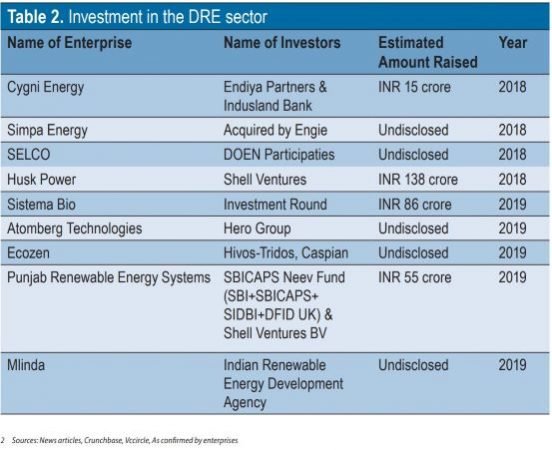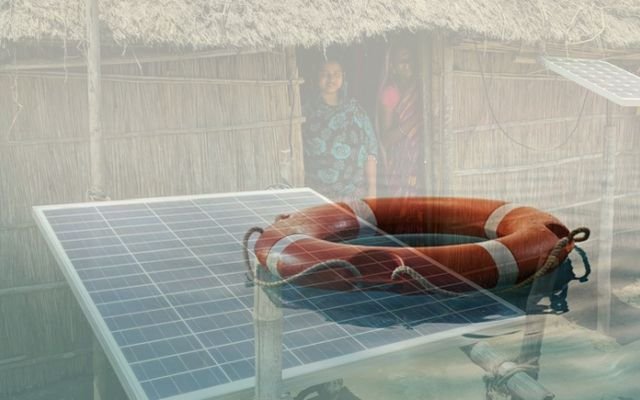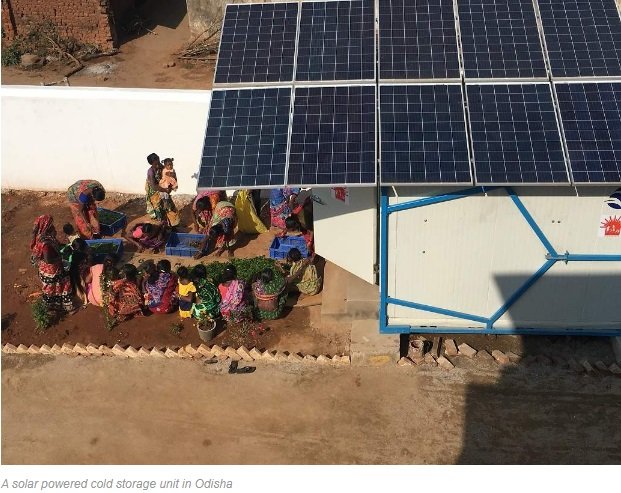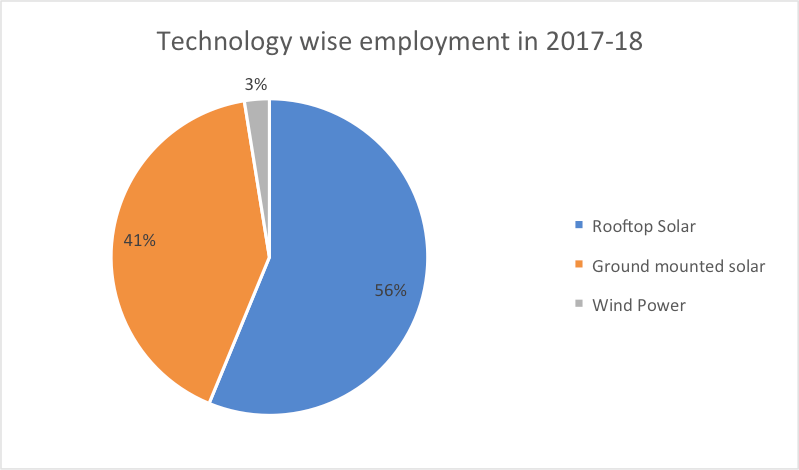The distributed renewable energy (DRE) sector, which plays a key role in boosting energy access for rural India, is undergoing a crisis of sorts thanks to the COVID-19 pandemic which has dampened demand and squeezed equipment and funds for some of the largest companies operating in the space.

The market for distributed solar products for rural areas — such as solar lanterns, pump sets and mini-grids — was estimated to grow to Rs 10,117 crore by 2023 before the pandemic hit.

It is now reeling under financial stress due to lack of liquidity to support operations and government schemes yet to make a visible impact.
The combined installation under the distributed renewable segment is less than 10 gigawatt (GW).

For Chennai-based E-hands Energy, that supplies off-grid solar systems for rural branches of public sector banks (PSBs) and first-time electricity users, orders slumped by 30-35 per cent within two months February and March 2020.
For Bengaluru-based start-up Alto precision, that manufactures small-scale solar-powered machinery for agriculture saw a 80% dip in turnover as the company remained close due to lockdown in Q1.
To make matters worse, a drop in revenue has made lenders cautious and financing difficult for companies.
Ministry of New and Renewable Energy (MNRE) has taken certain measures to minimize the impact of COVID-19 on DRE which include:
- Improving consistency of policy and regulations: The Centre will issue an advisory to all states on solar rooftop (SRT) project targets. It will also propagate ideas of good business models to different states. Further, ‘must-run’ status is extended to SRTs and open-access projects.
- Providing financial stimulus: MNRE will talk to states about open-access banking facilities and take suggestions of industry leaders. A six-month moratorium to the stressed RE sector on principal and interest will be granted to ensure working capital availability.
Experts say the lockdown has led to closure of non-essential manufacturing activities impacting the execution of distributed renewable energy projects across the country in the first quarter of the current fiscal.
This has adversely affected the revenues and profitability for the sector players, involved in manufacturing and EPC, thereby putting pressure on the liquidity profile.
However, Analysts feel that despite the COVID-related hiccups, the long-term outlook for distributed renewable energy remains promising owing to its role in the decarbonisation and decentralisation strategy and the potential to meet the energy requirement of regions without access to the grid apart from the role it plays in reducing system losses by keeping the generation sources closer to the demand centres.
Reference- Down To Earth, Economic Times, livemint








